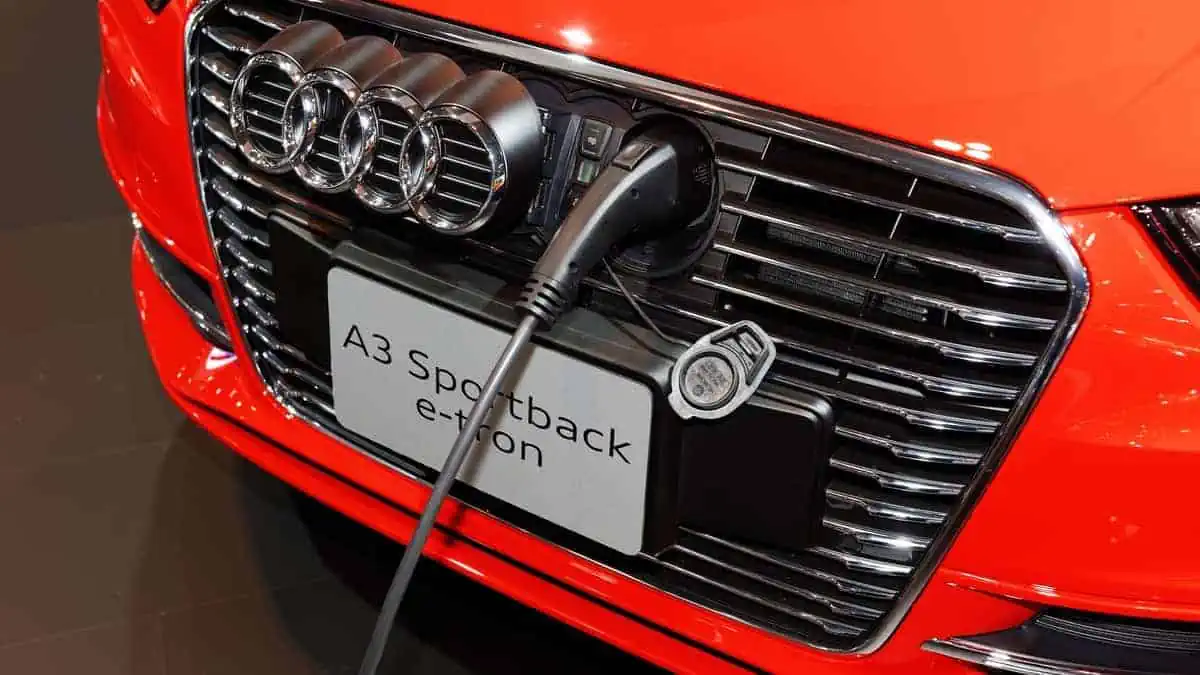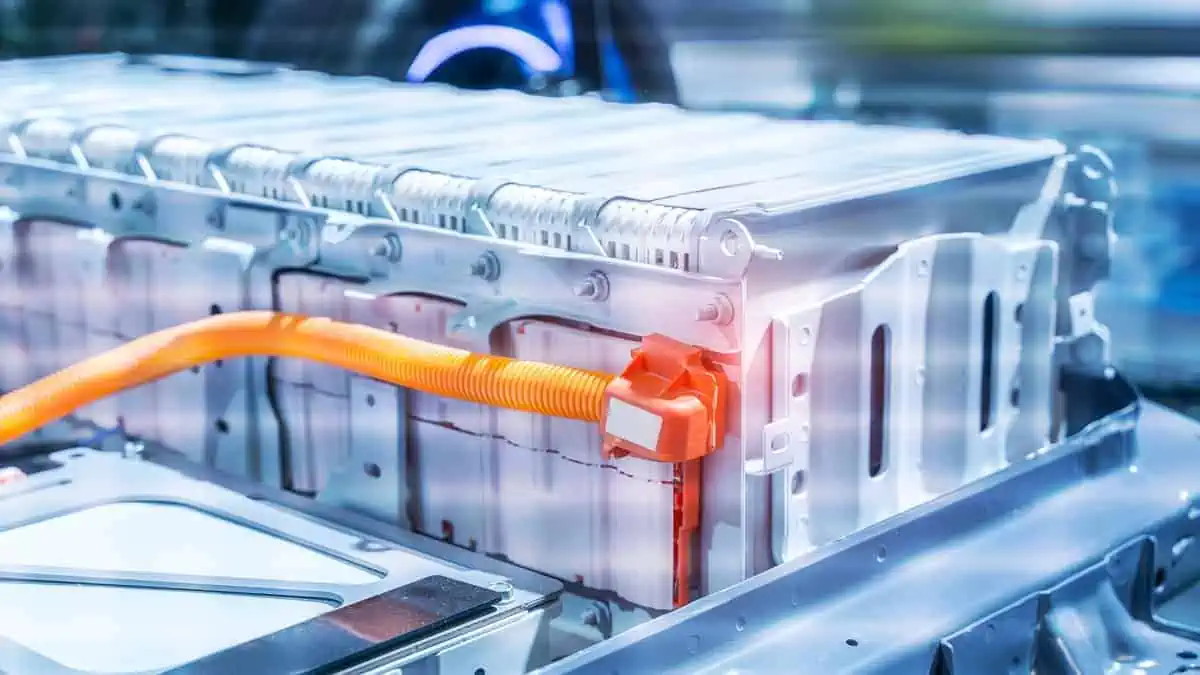Lithium producers are sounding the alarm as they anticipate challenges meeting the increasingly growing demand for electric vehicle batteries.
Reuters reports that mining permit delays, staff shortages, and global inflation pose significant obstacles to lithium supply, which are critical for EV battery production.
Security of lithium feedstock at risk as the critical commodity is under pressure
Lithium has arguably emerged as a top commodity for the EV industry as countries strive to accelerate the transition as part of their climate targets.
However, the industry warns that the current situation may lead to a crisis where battery companies lack the necessary lithium supply.
Lithium producer Lake Resources chairman Stu Crow highlighted the gap between the industry’s panic and the restless activity to secure supply at the Fastmarkets Lithium and Battery Raw Materials conference in Las Vegas this week.
“You could end up in a crisis situation where the battery companies don’t have the security of (lithium) feedstock.
There is a disconnect between the panic that we are seeing here and the frenetic activity of trying to secure supply within the industry.”
Lake Resources chairman Stu Crow
Notably, Lake Resources was the most recent lithium producer to announce production delays in its Kachi lithium project in Argentina.
The company postponed its plans to deliver 50,000 tonnes per annum (ttpa) by 2024 to 25ttpa by 2027 and 50ttpa by 2030.
Albemarle predicts a 500,000-ton shortage by 2030
The world’s largest lithium producer Albemarle is also wary of a supply-demand gap.
Despite its success in the Americas, Asia, and Australia, the company expects global lithium demand to surpass supply by approximately 500,000 tons by 2030.
Albemarle’s lithium business head Eric Norris acknowledged the surge in demand as a significant challenge exacerbated by supply and logistical concerns troubling the industry.
Insufficient mines will fail to meet the growing demand
Fastmarkets Lithium and Battery Raw Materials conference’s presentations indicated 45 lithium mines were operational globally in 2022. There were also 11 more mines planned to open in 2023 and an additional seven by 2024. However, forecasts suggest these numbers may still fall short of meeting the growing demand.
The industry forecasts a potential facility shortage for refining lithium to battery-grade materials even if additional raw lithium is sourced from new mines. This circumstance could force automakers to accept lower-quality lithium, leading to decreased battery range and lifespan, warned industry executives.
Lithium technology company Livent Chief Strategy Officer Sarah Maryssael emphasized the significant distinction between lithium extracted from the ground and the lithium used in batteries.
The refinement process plays a crucial role in determining the quality of lithium for battery applications.
Social and environmental barriers: Lithium expansion plans face opposition and water scarcity
Beyond supply and production challenges, lithium expansion also faces social and environmental barriers.
In May, Albemarle’s plans to expand its lithium mine in Chile’s Atacama region drew criticism from local and indigenous communities.
Lithium extraction requires a vast amount of water, leading to severe droughts in the area.
California State Polytechnic University’s assistant professor, James J A Blair, highlighted the ecological consequences of lithium mining. He noted that communities suffer from “slow violence,” resulting in ecological weariness.
In addition, Northern Chile’s Indigenous Colla Community President Elena Rivera Cardoso expressed the devastating impact on water resources.
“We used to have a river before that now doesn’t exist. There isn’t a drop of water.
And not only here in Copiapó but in all of Chile, there are rivers and lakes that have disappeared, all because a company has a lot more right to water than we do as human beings or citizens of Chile.”
Elena Rivera Cardoso, Northern Chile’s Indigenous Colla Community President
This situation raises concerns about the equitable distribution of water resources and the long-term sustainability of lithium extraction.
See Also:
- Ford, Nemaska Lithium form an 11-year partnership for lithium hydroxide supply
- Lithium costs rebounded as electric vehicle demand
- Chinese Lithium mining firm Gochin reportedly plans to invest $10B in Afghanistan
- CATL records new high in its Q1 net profit growth as lithium prices drop
- General Motors leads $50 million funding round in EnergyX for lithium supply in the US
As the demand for electric vehicles continues to surge, stakeholders must navigate these challenges to ensure a sustainable and responsible lithium supply chain.
The industry must manage to address the environmental and social impacts of lithium mining while meeting the growing needs of the EV industry.






